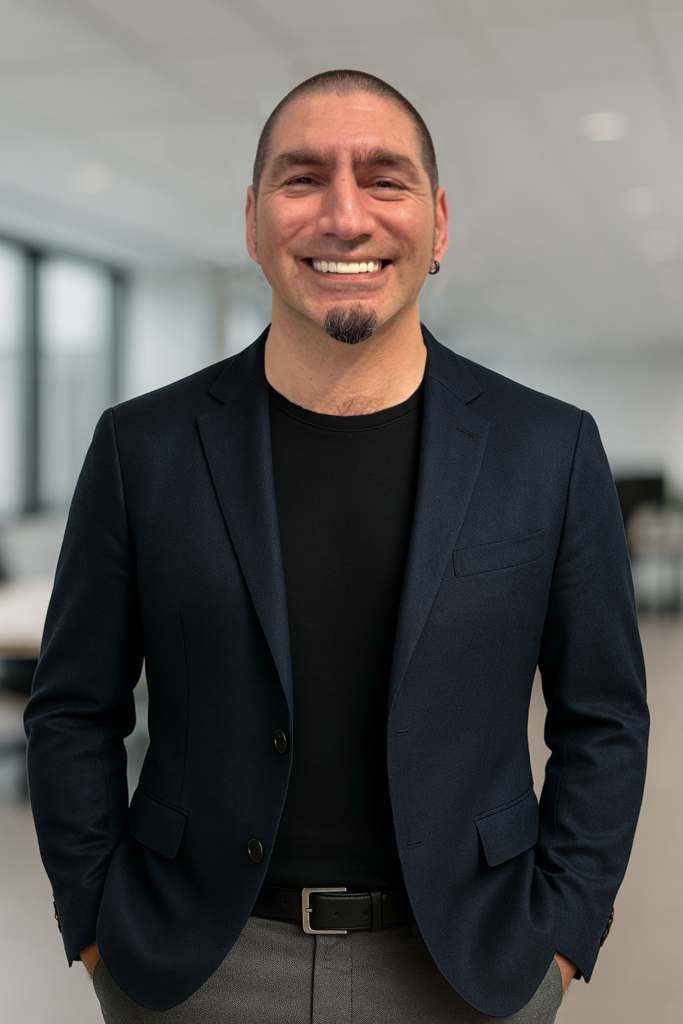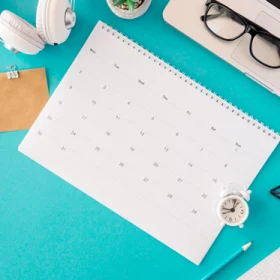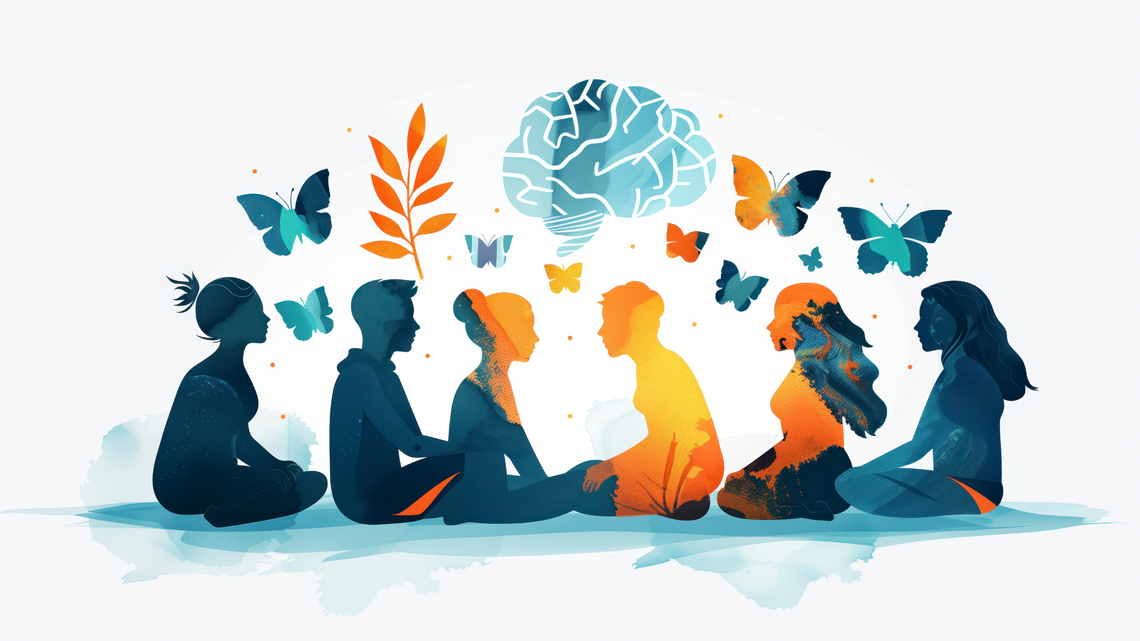Discover Yourself and Your Capacity!
On our journey together, we will discover that ADHD (Attention Deficit Hyperactivity Disorder) is not something to endure or be sad about, but rather a gift that will help you shape your life and open doors to success on the journey of self-discovery.
The Coaching Process
How we will work?
Step 1
Beginning of the journey
When you feel ready to explore ADHD for yourself, your loved one or your child, you will have taken the most important step necessary to embark on a journey of discovery by choosing the date and time convenient for you and contacting me.

Step 2
Time for awareness
As someone with ADHD, we will do our first work with the questions I have specially prepared to understand and increase the awareness of you, your loved one or your child. Afterwards, we will set our goals for our journey of discovery.
About me
As an ADHD person who has been labelled as ‘differently-abled’ or ‘unique’ since my childhood, I am well aware of how difficult life is for children, adolescents and adults with ADHD.
Being different from the people around us, and being made to feel/perceived as a deficiency or inadequacy, causes us to question ourselves and feel worthless in many areas from our social life to our business life.
- . . .the shadow belongs to the wholeness of the personality: the strong man must somewhere be weak, somewhere the clever man must be stupid, otherwise he is too good to be true and falls back on pose and bluff... - Carl Gustav Jung
Regardless of the education I received, changing careers many times, my successes perceived as failures, my creativity, my eagerness to produce solutions to problems/questions, my awareness and most importantly my endless search showed me that ADHD is not something to be sad or afraid of, but on the contrary, it is a talent that can open the door to successes we cannot even imagine when we accept it.
For this reason, I decided to use my experience and awareness to increase the awareness of individuals or their loved ones with the same difference as me, to be with them on their journey to discover themselves, their talents and capacities, and to enlighten their path.

FAQ
ADHD is a neurodevelopmental disorder that leads to difficulties with attention, impulse control and hyperactivity. It usually occurs in childhood, but may persist into adulthood.
ADHD is defined by two main symptom groups:
- Attention Deficit: Inability to sustain attention on tasks, forgetfulness, difficulty focusing.
- Hyperactivity/impulsivity: Inability to stay in place, excessive talking, restlessness. Interrupting, not waiting for his/her turn, and acting without thinking.
No, ADHD is not a disease, but a neurodevelopmental disorder. This means that areas of the brain involved in attention, movement and impulse control work differently.
No, ADHD can also occur in adults. In individuals who were not diagnosed in childhood, the symptoms may manifest differently in adulthood, e.g. difficulties with work organisation or chronic forgetfulness.
ADHD cannot be completely cured, but it is possible to manage the symptoms. Treatment options may include:
- Medication.
- Behavioural therapy.
- Educational supports and environmental adjustments.
- Exercise and healthy lifestyle.
No, ADHD is not directly related to intelligence. Individuals with ADHD usually have average or above-average intelligence. However, they may have difficulties in reaching their full potential due to attention deficits and organisational difficulties.
The diagnosis is made by a psychiatrist or neurologist who assesses the individual's behaviour, history and symptoms. Observations of the family and teachers also play an important role in this process. More information.
- Communicating positively and avoiding criticism.
- Establishing a structured routine.
- Promoting self-confidence and recognising achievements.
- Providing education and therapy support appropriate to their needs.




